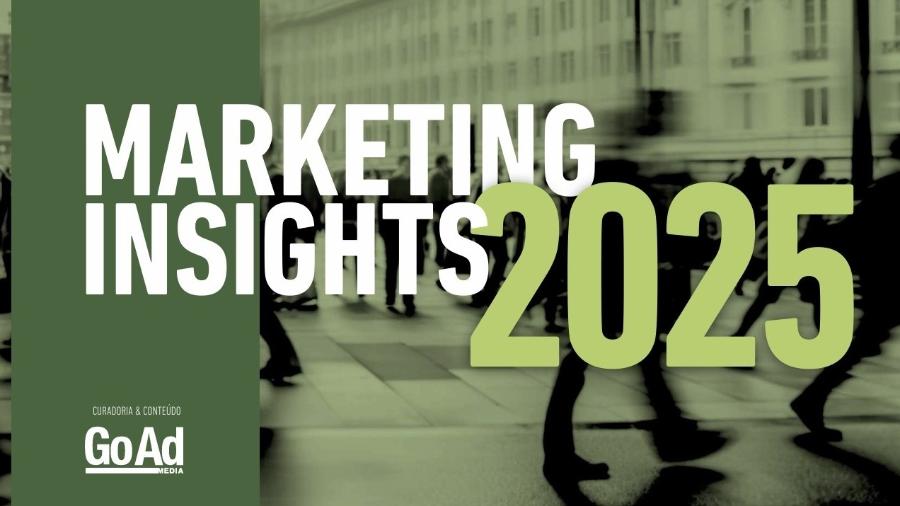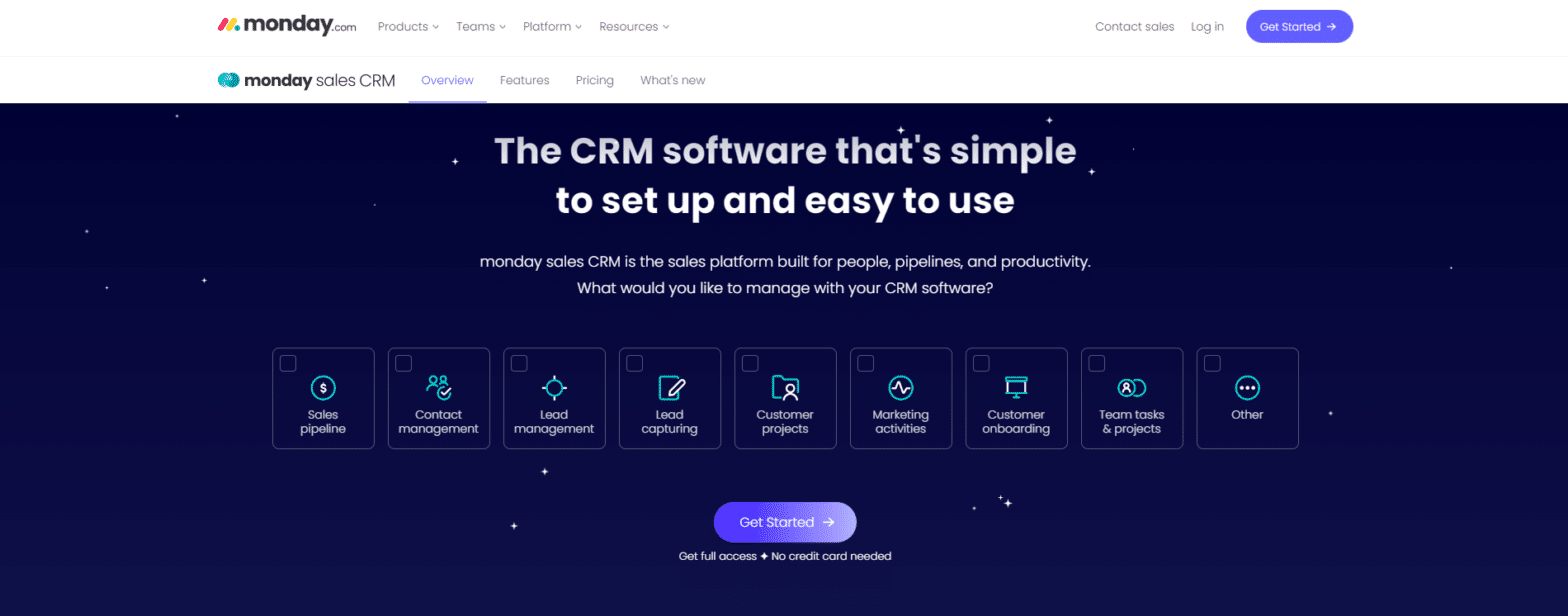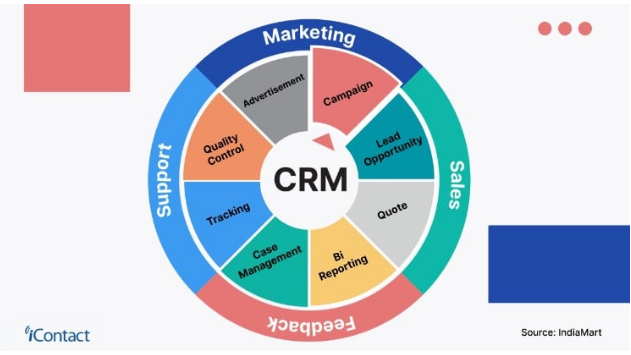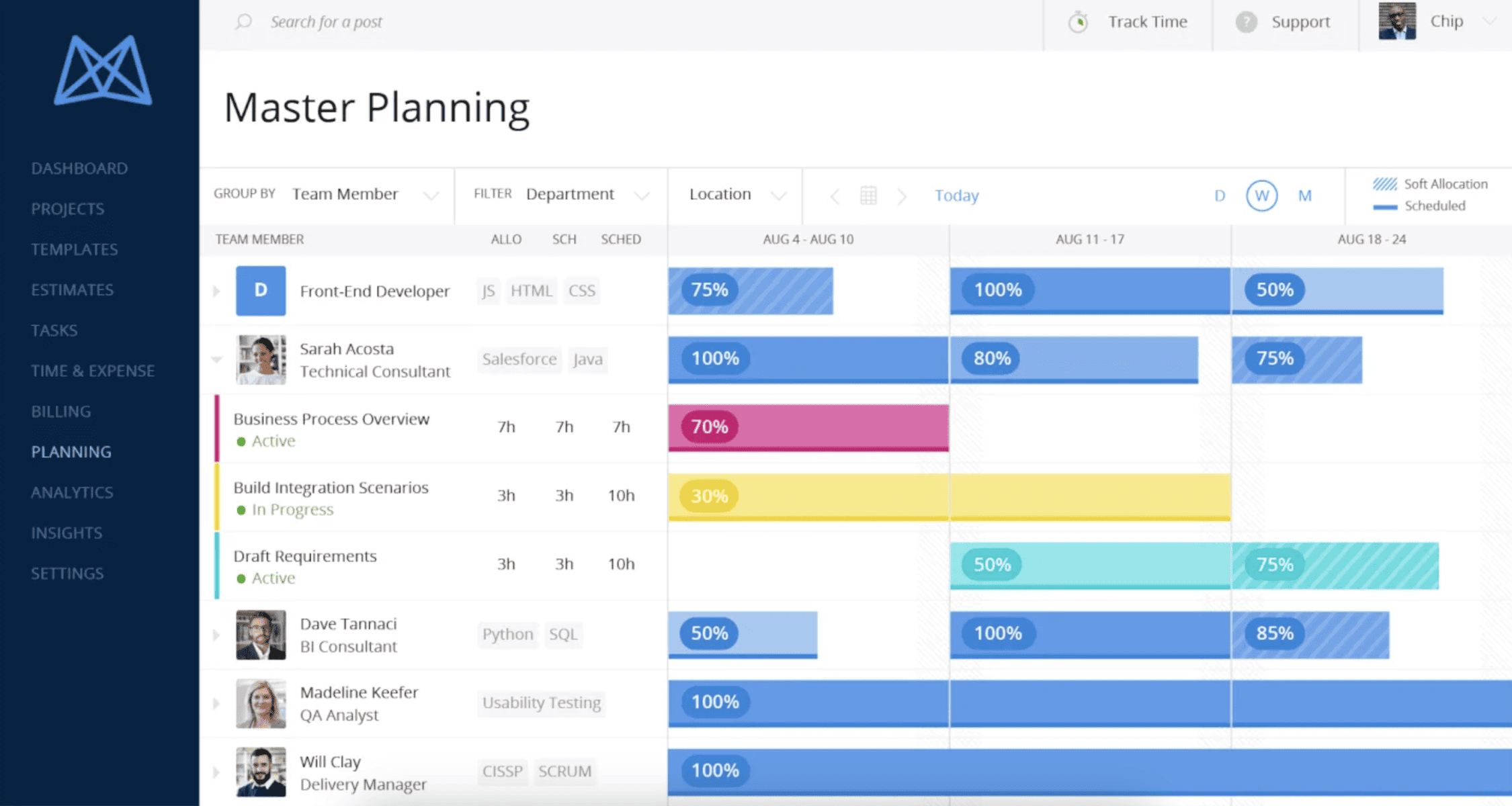CRM Marketing Insights 2025: Navigating the Future of Customer Relationships

CRM Marketing Insights 2025: Navigating the Future of Customer Relationships
The world of marketing is in constant flux, a whirlwind of evolving technologies, shifting consumer behaviors, and unprecedented levels of data. As we approach 2025, Customer Relationship Management (CRM) systems are no longer just a helpful tool; they are the very lifeblood of successful businesses. They are the central nervous system, the engine, the compass guiding companies toward sustained growth and deeper customer connections. This article delves into the CRM marketing insights shaping 2025, offering a comprehensive look at the key trends, technologies, and strategies that will define the future of customer engagement.
The Rise of Hyper-Personalization
Gone are the days of one-size-fits-all marketing. Consumers in 2025 expect, even demand, personalized experiences. They want to feel seen, heard, and understood by the brands they interact with. CRM systems are the key to unlocking this hyper-personalization. By leveraging data to understand individual customer preferences, behaviors, and needs, marketers can craft highly targeted campaigns that resonate on a personal level.
Data-Driven Personalization
The foundation of hyper-personalization is data. CRM systems integrated with advanced analytics tools provide a treasure trove of information, including:
- Customer demographics: Age, location, income, and other basic information.
- Purchase history: What customers have bought, how often, and at what price points.
- Website activity: Pages visited, products viewed, and time spent on site.
- Social media engagement: Likes, shares, comments, and brand mentions.
- Customer service interactions: Support tickets, feedback, and complaints.
By analyzing this data, marketers can create customer segments, each with its own unique characteristics and needs. This allows for the creation of personalized content, product recommendations, and offers that are highly relevant to each segment. For instance, a customer who frequently browses hiking boots on your website might receive a targeted email showcasing new arrivals in their size, along with a discount code. Another customer, who has a history of purchasing high-end electronics, might be targeted with exclusive early access to the latest tech releases.
The Power of AI and Machine Learning
Artificial intelligence (AI) and machine learning (ML) are playing an increasingly important role in driving hyper-personalization. AI-powered CRM systems can analyze vast amounts of data in real-time, identifying patterns and insights that humans might miss. This allows for:
- Predictive analytics: Forecasting customer behavior, such as churn risk and future purchase likelihood.
- Automated segmentation: Dynamically creating and updating customer segments based on real-time data.
- Personalized content generation: Automatically creating tailored content, such as email subject lines and product recommendations.
- Chatbots and virtual assistants: Providing instant, personalized customer service and support.
AI and ML are not just about automation; they are about creating more meaningful and relevant customer experiences. They enable marketers to anticipate customer needs, proactively offer solutions, and build stronger relationships.
The Omnichannel Customer Journey
Customers in 2025 interact with brands across multiple channels: websites, mobile apps, social media, email, live chat, and in-store. The omnichannel customer journey is the seamless, integrated experience a customer has as they move between these channels. CRM systems are essential for managing and optimizing this journey.
Unified Customer View
The cornerstone of a successful omnichannel strategy is a unified customer view. This means having a single, centralized repository of customer data that is accessible across all channels. CRM systems provide this by:
- Integrating data from all channels: Website interactions, purchase history, social media activity, and customer service interactions are all collected and stored in a single place.
- Creating a 360-degree view of the customer: Marketers can see a complete picture of each customer, including their preferences, behaviors, and history.
- Enabling consistent messaging across all channels: Customers receive the same personalized experience regardless of how they interact with the brand.
A unified customer view allows marketers to provide consistent, personalized experiences across all touchpoints. For example, a customer who starts browsing products on a website and then contacts customer service via chat should have their previous browsing history readily available to the support agent.
Seamless Hand-offs
When a customer transitions between channels, the experience should be seamless. This means:
- Context is preserved: The customer’s previous interactions and preferences are carried over to the new channel.
- Information is readily available: Agents have access to all relevant customer data, allowing them to provide efficient and personalized service.
- The customer feels understood: The brand recognizes the customer’s history and anticipates their needs.
This seamless hand-off ensures that customers don’t have to repeat themselves or start over when they switch channels. It creates a positive customer experience and builds brand loyalty.
The Rise of Conversational Marketing
Conversational marketing is about engaging with customers in real-time, through interactive conversations. This can happen through live chat, chatbots, messaging apps, and even voice assistants. CRM systems are evolving to support and enhance conversational marketing efforts.
Chatbots and Virtual Assistants
Chatbots and virtual assistants are becoming increasingly sophisticated, powered by AI and natural language processing (NLP). They can:
- Answer frequently asked questions: Providing instant answers to common inquiries.
- Qualify leads: Gathering information to identify potential customers.
- Provide personalized recommendations: Suggesting products or services based on customer preferences.
- Book appointments and schedule meetings: Streamlining the customer service process.
Chatbots and virtual assistants are available 24/7, providing instant support and freeing up human agents to handle more complex issues. They are an essential part of the modern customer experience.
Personalized Messaging
Conversational marketing is not just about chatbots. It’s also about personalized messaging through platforms like SMS, WhatsApp, and Facebook Messenger. CRM systems can be integrated with these platforms to:
- Send targeted messages: Delivering personalized content and offers based on customer segmentation.
- Provide proactive customer service: Reaching out to customers with helpful information or support.
- Gather customer feedback: Collecting valuable insights through surveys and polls.
Personalized messaging allows marketers to build relationships with customers on a more intimate level. It creates opportunities for direct communication and fosters a sense of connection.
The Importance of Data Privacy and Security
As CRM systems collect and store more customer data, data privacy and security are becoming paramount. Consumers are increasingly concerned about how their data is used and protected. Businesses that prioritize data privacy and security will build trust and gain a competitive advantage.
Compliance with Regulations
Businesses must comply with data privacy regulations such as GDPR, CCPA, and others. This includes:
- Obtaining consent for data collection: Customers must be informed about how their data will be used and give their explicit consent.
- Providing data access and control: Customers must have the right to access, modify, and delete their data.
- Implementing data security measures: Protecting customer data from unauthorized access and breaches.
Compliance with data privacy regulations is not just a legal requirement; it’s a matter of ethical responsibility. It demonstrates respect for customers’ rights and builds trust.
Transparency and Trust
Transparency is key to building trust with customers. Businesses should be upfront about how they collect, use, and protect customer data. This includes:
- Providing clear and concise privacy policies: Explaining how customer data is handled.
- Being transparent about data breaches: Notifying customers promptly if their data is compromised.
- Offering data anonymization and pseudonymization: Protecting customer privacy by removing or masking identifying information.
Building trust is essential for long-term customer relationships. Customers are more likely to engage with brands they trust, even if it means sharing their personal data.
CRM Technology Trends to Watch in 2025
The CRM landscape is constantly evolving. Here are some key technology trends that will shape the future of CRM marketing in 2025:
AI-Powered CRM
As mentioned earlier, AI will continue to play a central role in CRM. Expect to see:
- More sophisticated predictive analytics: Predicting customer behavior with greater accuracy.
- Advanced automation capabilities: Automating more tasks, such as lead scoring and email marketing.
- Improved personalization engines: Creating even more tailored customer experiences.
AI-powered CRM will empower marketers to work smarter, not harder, and to achieve better results.
Integration with Emerging Technologies
CRM systems will integrate with a wider range of emerging technologies, including:
- Virtual Reality (VR) and Augmented Reality (AR): Creating immersive customer experiences.
- The Internet of Things (IoT): Connecting with smart devices to gather data and personalize interactions.
- Blockchain: Ensuring data security and transparency.
These integrations will open up new possibilities for customer engagement and create innovative marketing opportunities.
Focus on Mobile-First Experiences
Mobile devices are the primary way many customers interact with brands. CRM systems will need to be optimized for mobile-first experiences, including:
- Responsive design: Ensuring that CRM interfaces are user-friendly on all devices.
- Mobile apps: Providing customers with easy access to information and services on the go.
- Personalized mobile messaging: Delivering targeted content and offers via SMS and push notifications.
A strong mobile presence is essential for reaching customers where they are and providing a seamless customer experience.
Strategies for CRM Marketing Success in 2025
To succeed in CRM marketing in 2025, businesses need to adopt the following strategies:
Invest in a Robust CRM System
Choose a CRM system that meets your specific needs and offers the features and functionalities you require. Consider the following factors:
- Scalability: The system should be able to grow with your business.
- Integration capabilities: The system should integrate with your existing marketing and sales tools.
- User-friendliness: The system should be easy for your team to use.
- Data security: The system should offer robust data security features.
Investing in the right CRM system is an investment in your future success.
Prioritize Data Quality
The accuracy and completeness of your customer data are critical. Implement the following measures:
- Data cleansing: Regularly cleaning and updating your customer data.
- Data enrichment: Adding missing information to your customer profiles.
- Data governance: Establishing policies and procedures for data management.
High-quality data leads to better insights and more effective marketing campaigns.
Embrace a Customer-Centric Approach
Put the customer at the center of everything you do. This means:
- Understanding your customers’ needs and preferences: Conducting customer research and analyzing customer data.
- Providing excellent customer service: Responding promptly to customer inquiries and resolving issues quickly.
- Building strong customer relationships: Engaging with customers on social media and through personalized communications.
A customer-centric approach builds loyalty and drives long-term growth.
Continuously Optimize and Adapt
CRM marketing is an ongoing process. You need to:
- Track your results: Monitor your key performance indicators (KPIs) and measure the effectiveness of your campaigns.
- Analyze your data: Identify areas for improvement.
- Adapt your strategies: Make changes to your campaigns and processes based on your data and insights.
The marketing landscape is constantly evolving. Being agile and adaptable is key to staying ahead of the competition.
Conclusion: The Future is Customer-Centric
CRM marketing in 2025 will be defined by hyper-personalization, omnichannel experiences, conversational marketing, and a strong focus on data privacy and security. Businesses that embrace these trends and adopt a customer-centric approach will be best positioned for success. By investing in the right technologies, strategies, and people, companies can build stronger customer relationships, drive growth, and thrive in the future of customer engagement.




